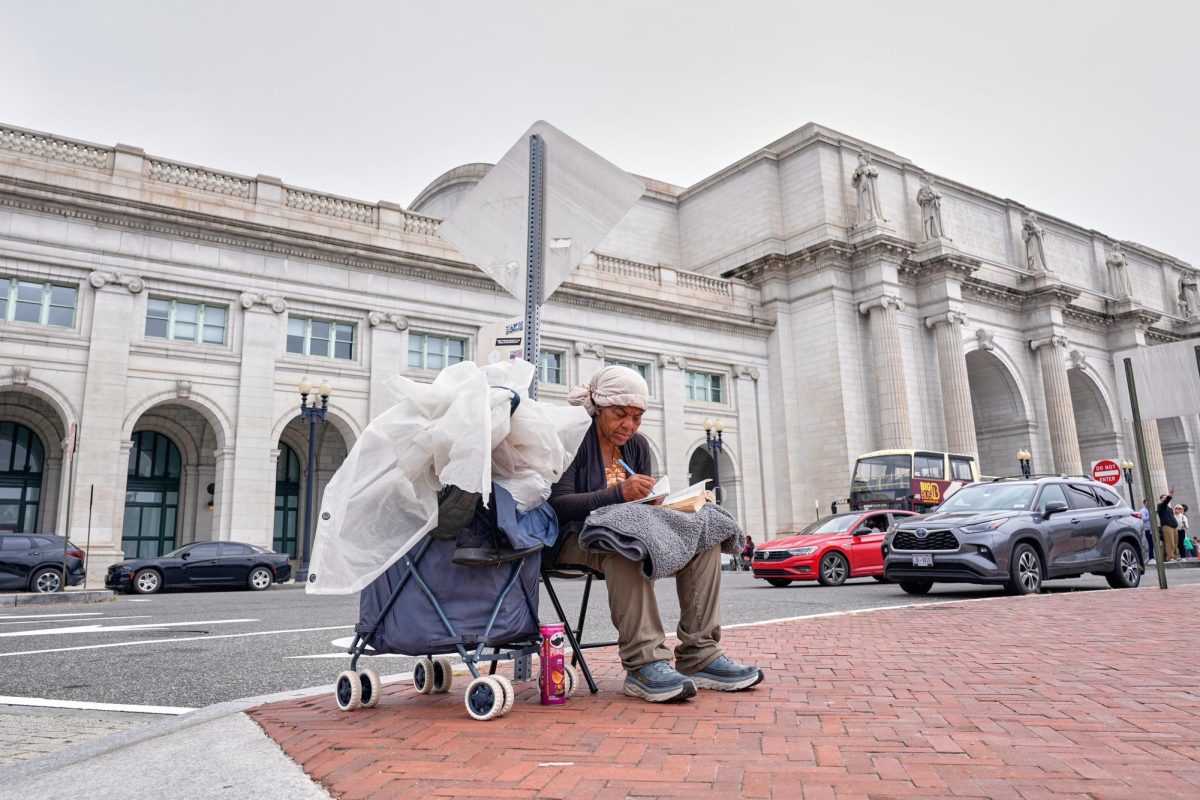NEW YORK (AP) – A new proposal would require New York City retailers to keep tobacco products out of sight under a first-in-the-nation proposal aimed at reducing the youth smoking rate, Mayor Michael Bloomberg said Monday.
The legislation would require stores to keep tobacco products in cabinets, drawers, under the counter, behind a curtain or in other concealed spots. They could only be visible when an adult is making a purchase or during restocking.
“Such displays suggest that smoking is a normal activity,” Bloomberg said. “And they invite young people to experiment with tobacco.”
Stores devoted primarily to the sale of tobacco products would be exempt from the display ban.
The mayor’s office said retail stores could still advertise tobacco products under the legislation.
“We have made tremendous strides in combating smoking in New York City but this leading killer still threatens the health of our children,” said Dr. Thomas A. Farley, the health commissioner.
Farley said the city’s comprehensive anti-smoking program cut adult smoking rates by nearly a third – from 21.5 percent in 2002 to 14.8 percent in 2011 – but the youth rate has remained flat, at 8.5 percent, since 2007.
Smoking remains the leading preventable cause of death among New Yorkers, Farley said.
The legislation, to be introduced on Wednesday, is comprised of two separate bills that Farley called “logical, important next steps to further protect our teens from tobacco.”
The second bill, called the “Sensible Tobacco Enforcement” bill, strengthens enforcement of discounted and smuggled cigarettes. It would prohibit the sale of discounted tobacco products, impose packaging requirements on cheap cigars and create a price floor for cigarette packs and small cigars. The city would have the authority to seal premises where there are repeat violations.
Bloomberg has backed a number of public health measures, including a crackdown on large sizes of sugary drinks and adding calorie counts to menus. A judge blocked the drinks ban but the city is appealing.
“People always say, ‘Oh, you’re doing these health things to raise money,'” Bloomberg said. “No, that is not the reason. We’re doing these health things to save lives.”













